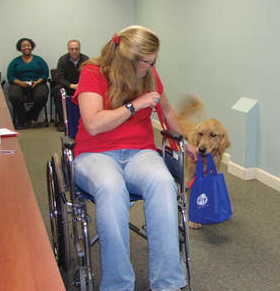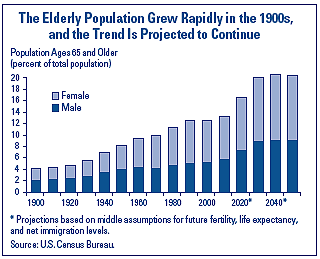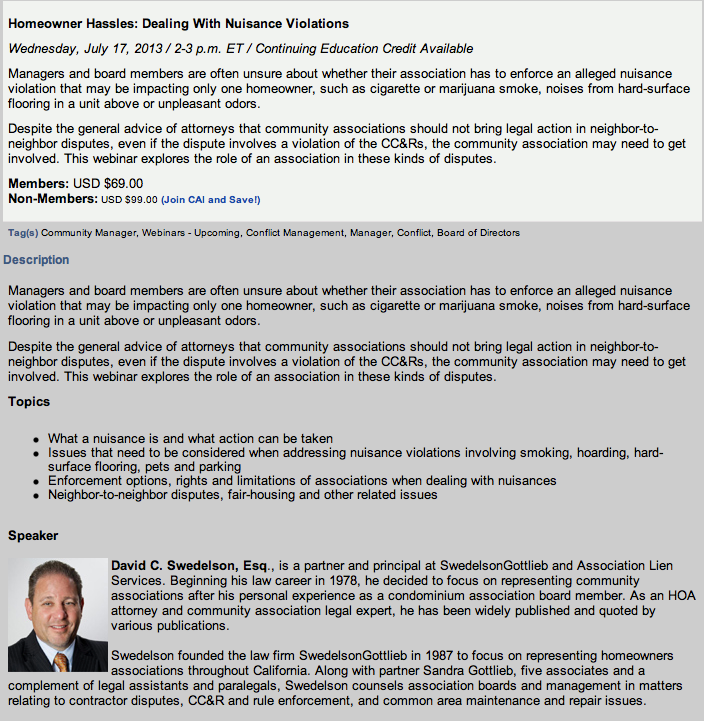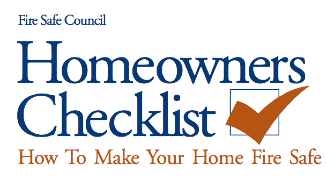By David Swedelson and Sandra Gottlieb, Senior Partners at SwedelsonGottlieb, Community Association Attorneys
 Unfortunately, there is fraud and embezzlement being committed at community associations throughout California as well as across the country every day. We have written about this issue in the past; follow this link to an article we wrote that describes how SwedelsonGottlieb recovered $500,000 for one association after it was discovered that the former manager had systematically looted the association’s reserve account. As is the case with most instances of embezzlement, it was preventable. Not one of the board members was reviewing the financial records, and they were not requiring that they be provided financial reports.
Unfortunately, there is fraud and embezzlement being committed at community associations throughout California as well as across the country every day. We have written about this issue in the past; follow this link to an article we wrote that describes how SwedelsonGottlieb recovered $500,000 for one association after it was discovered that the former manager had systematically looted the association’s reserve account. As is the case with most instances of embezzlement, it was preventable. Not one of the board members was reviewing the financial records, and they were not requiring that they be provided financial reports.
We were reminded about this issue by recent news stories involving the owner and an employee at a now defunct management company who were recently arrested with numerous charges pending. It is alleged that they together defrauded a large southern California homeowners association they managed and embezzled at least $900,000. And there is speculation that monies were taken from other community associations as well. Many of us in the community association industry heard about this story some time ago and were not surprised by the arrests. What surprised us was how long it took law enforcement authorities to act.
Continue reading
 HOA Law Blog
HOA Law Blog



 Many of our clients have been confronted with issues relating to service and companion animals at homeowners associations. Typically, the question is whether those animals are permitted to remain at the association (typically condo or stock cooperative associations) even if this would be a violation of their association’s governing documents (and generally, they are).
Many of our clients have been confronted with issues relating to service and companion animals at homeowners associations. Typically, the question is whether those animals are permitted to remain at the association (typically condo or stock cooperative associations) even if this would be a violation of their association’s governing documents (and generally, they are). You may not have noticed this, but it is a fact that the United States has a large and growing population of senior citizens. Between 2000 and 2050, The number of older people is projected to increase by 135%. And the population of people 85 and over is projected to increase by 350%. In fact, the proportion of the population that is 85 and older will increase from 1.6% in 2000 to 4.8% in 2050. The aging of our population will place additional pressure on healthcare facilities and support programs for older people. This will also place some pressure on community association (mostly condominiums and stock cooperatives) boards and management.
You may not have noticed this, but it is a fact that the United States has a large and growing population of senior citizens. Between 2000 and 2050, The number of older people is projected to increase by 135%. And the population of people 85 and over is projected to increase by 350%. In fact, the proportion of the population that is 85 and older will increase from 1.6% in 2000 to 4.8% in 2050. The aging of our population will place additional pressure on healthcare facilities and support programs for older people. This will also place some pressure on community association (mostly condominiums and stock cooperatives) boards and management.  Breaking news! The Community Associations Institute released the following report today:
Breaking news! The Community Associations Institute released the following report today:
 After the Trayvon Martin shooting in Florida last year, I posted a blog article highlighting the need for community associations to supervise their volunteers.
After the Trayvon Martin shooting in Florida last year, I posted a blog article highlighting the need for community associations to supervise their volunteers.  A few months ago I reported about
A few months ago I reported about 

